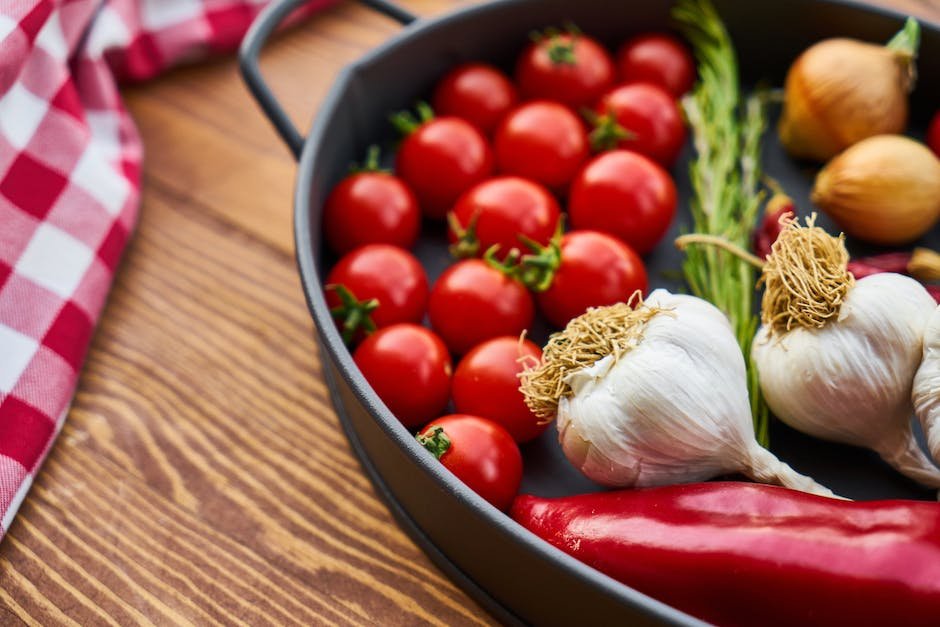Onions are a staple ingredient in many recipes. They are used in almost every cuisine, and there is a good chance every recipe you make uses at least some onion.
They are rich in antioxidants and have health benefits like lowering the risk of cancer and heart disease. However, many people do not enjoy the taste of onion.
There are two major reasons people do not like the taste of onion. The first is that people do not like the smell that is emitted from your breath and skin after eating onion. The second is that some people find onions too strong tasting.
The best time to eat onion is before a workout

Many fitness enthusiasts and professional athletes claim that eating a small amount of onion before a workout helps them perform better.
Why? Well, because onions are rich in chromium, a mineral that helps the body process glucose. Glucose is the sugar that cells in your body use for energy.
Chromium also helps the body produce insulin, which transports glucose out of the blood and into cells where it can be used for energy.
Insulin and glucose transport are important when preparing for a workout. If you have too little of either of these then your workout will be difficult as you will not have enough energy to exercise.
Onions also have anti-inflammatory properties that help reduce soreness after a tough workout. A lot of people use onion juice to do this, but there is no reason to spend money on juicer when you can eat an onion an hour before your workout.
The best time to eat onion is for heart health

Many studies have shown that eating onion can improve cardiovascular health. These studies are backed by clinical trials, including the Onion Trial and the TOntH trial.
Onion contains flavonoids, carotenoids, and quercetin. These compounds help to improve the health of your arteries by reducing inflammation.
In the Onion Trial, participants were given 1–2 servings of cooked onion per day for a 2-month period. Participants in the control group were given an equivalent amount of vegetables instead.
The results showed that those who ate onions had improved blood flow due to decreased inflammation in their arteries. They also had reduced LDL cholesterol and total cholesterol levels.
Anyone can add onion to their meals to benefit from its cardiovascular benefits.
The best time to eat onion is for odor control

Although many people dislike the smell of onion, it is considered as a powerful scent. Onions have strong smells that can last for a long time.
If you have ever eaten food with onion, you know that your mouth and even your breath can smell like onion. This can be a good or bad thing depending on the situation.
If you are going out with friends or to a dinner, then having an odor of onion on you is a good thing because it means your food was so delicious that you ate too much of it!
Actually, if you ate too much raw onion, your breath will smell like onions for several hours due to its compounds. For this reason, eating onions is one of the best ways to control body odor.
Onion can also be used to prevent insects from approaching your food. If you put some slices of onion around what you are cooking, then the insects will not go near it due to the smell.
The best time to eat onion is before going to bed

Many people believe that eating onion causes bad breath. While this is true, it is not the only reason why someone might smell your breath after you eat onion.
Carbohydrates in the onion are not fully metabolized when ingested. Some of these carbohydrates are excreted in the person’s urine.
When you eat onion, it takes some time for it to be absorbed into the blood stream and distributed to the other body systems.
The cells that line the gut use special proteins called cholesterol receptors to pick up excess cholesterol in the blood that was not used by other parts of the body. These cholesterol receptors pick up the cholesterol from the ingested onions as well, and transport them to the cell walls of the gut. There, they are stored as a protective measure against excessive absorption.
When you go to bed, your body’s circadian rhythms slow down certain processes like metabolism and digestion. This helps conserve energy for the next day so you get enough sleep.
Onion packs a powerful antioxidant punch

Many people love onions, but sometimes they can be a bit too strong. Although most people enjoy the smell of onions, many do not like the taste.
If you are one of these people, worry not! There is a way to enjoy the health benefits of onion without having to taste it.
Onion powder is a commonly used seasoning. It is usually made by drying chopped onion and then grinding it into a powder. You can purchase onion powder at most grocery stores or online.
Onion powder contains all of the antioxidant compounds found in raw onion. These include quercetin and anthocyanins, which work together to keep your cells healthy.
Quercetin works by blocking certain chemicals that can cause cell damage in your body. It also helps to keep blood pressure in check by preventing certain cells in your body from getting too close to each other. This is what prevents blood clots from forming.
Onion can reduce blood pressure
Onions are rich in flavonoids, a class of antioxidant that works to fight off harmful oxidative stress. Specifically, onions contain quercetin and anthocyanins.
Quercetin has been studied for its ability to lower blood pressure. It does this by preventing the release of certain chemicals that cause your arteries to tighten.
Anthocyanins have also been studied for their ability to lower blood pressure. They do this by preventing the body from absorbing sodium, which can raise blood pressure.
By adding onions to your diet, you can thus reduce your risk of high blood pressure. However, you should avoid eating too many raw onions if you want to reap these benefits – they should be cooked first!
Onion juice may also prove beneficial for diabetes type 2 sufferers, as it can lower insulin resistance. Insulin resistance is when the body cannot effectively use insulin in the body, which results in higher blood sugar levels.
Onion can reduce inflammation
Onions contain quercetin, a bioflavonoid that gives onions their color. Quercetin is also found in fruits like apples and berries like strawberries.
Quercetin has many health benefits, including anti-inflammatory properties. Inflammation is the body’s way of fighting infection and repairing tissue, but it can become problematic if there is too much or stays for too long.
When this happens, it can lead to other issues like cardiovascular disease and diabetes.
However, eating an onion a day can help reduce the risk of these diseases. An average sized bulb contains around 2 grams of quercetin, which is fairly low compared to some other foods that contain it.
Onion can boost immunity

Besides its numerous health benefits mentioned above, onion can also help boost your dog’s immunity. It contains quercetin, a compound that works as an anti-inflammatory and antioxidant.
Quercetin helps your dog’s body recognize and fight bacteria and viruses. This means that onion can help prevent infections caused by bacteria and viruses.
Onion powder is also widely used in many pet foods as a flavor enhancer. Since it has a strong taste, it makes other flavors seem more appealing to your pet.
However, if your pet does not like the smell or taste of onion, then it is best not to add it to their food as it will just go to waste.


















